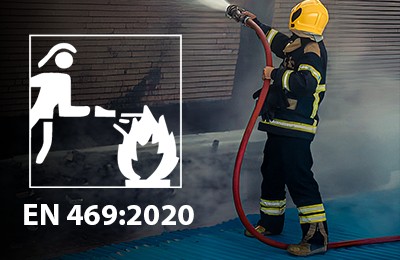As an employer, it is your responsibility to provide a safe working environment for your employees. This means identifying potential hazards and taking steps to prevent accidents and injuries. One important aspect of workplace safety is the use of personal protective equipment (PPE).
PPE refers to any equipment or clothing that is worn by workers to minimize exposure to specific occupational hazards. These items are designed to protect workers from physical, chemical, biological, or radiological hazards that could cause harm.
Here are some reasons why PPE is important in the workplace:
Protecting workers from hazards: PPE can prevent injuries and illnesses by reducing exposure to hazards. For example, safety glasses can protect workers' eyes from flying debris or harmful chemicals, while respirators can prevent inhalation of harmful dusts, fumes, and vapors.
Legal compliance: Many countries have laws and regulations that require employers to provide PPE to their employees. Failure to comply with these regulations can result in fines, penalties, and legal liability.
Boosting morale and productivity: Providing PPE shows employees that their safety and well-being are a top priority. This can boost morale and increase productivity, as workers feel valued and protected.
Cost savings: While PPE can be expensive, it is often much less costly than the medical expenses and lost productivity that result from workplace injuries and illnesses. Providing PPE can actually save employers money in the long run.
In conclusion, personal protective equipment is a critical component of workplace safety. Employers must identify hazards and provide appropriate PPE to protect their workers. By doing so, they can create a safer and more productive workplace while complying with legal requirements and reducing costs associated with injuries and illnesses.








Your Comments